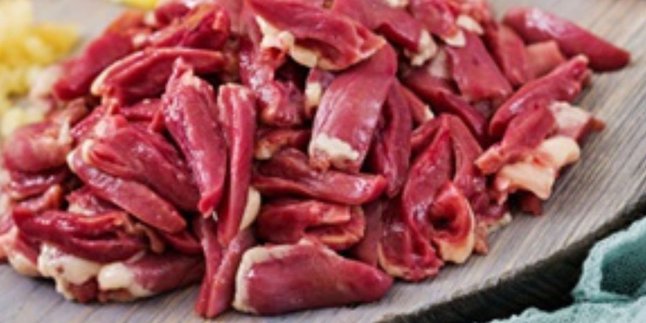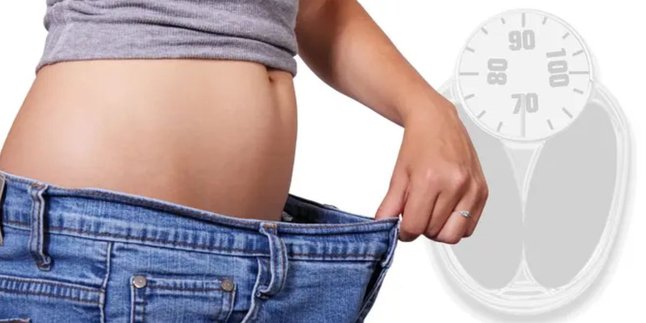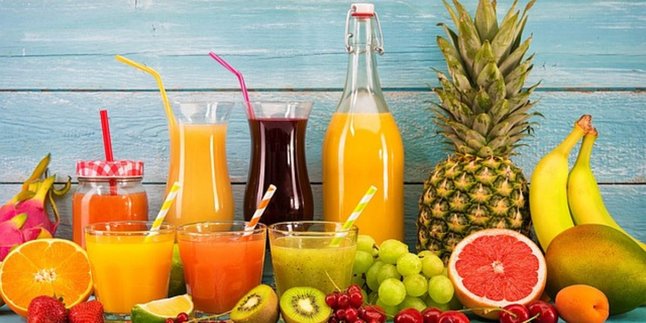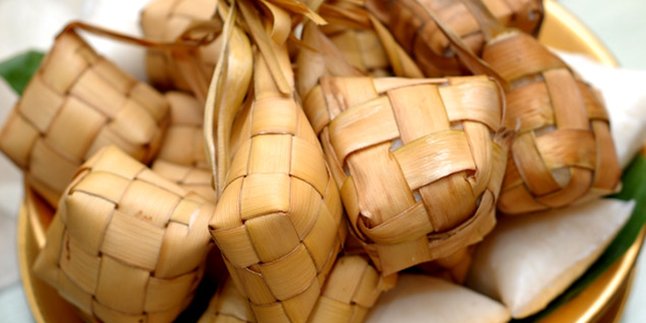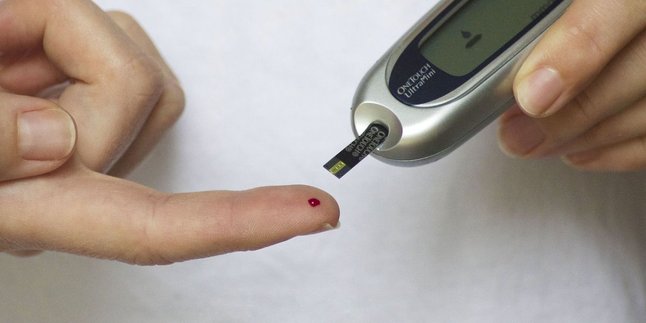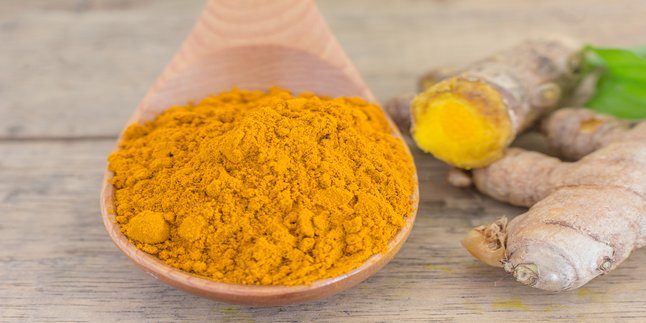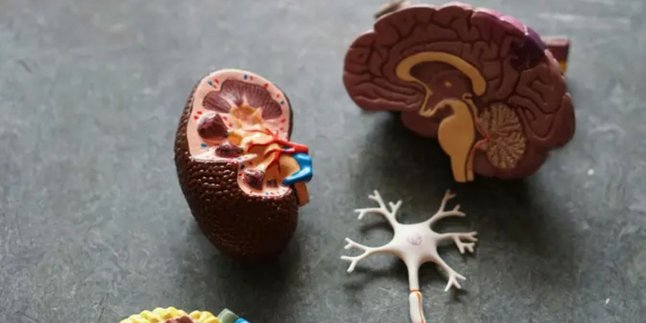Kapanlagi.com - Eid is a day of victory that is synonymous with special dishes. However, this culinary feast often ends in a ‘food coma’ or drowsiness and weakness after a big meal?
This condition is not a real coma, but rather postprandial somnolence. Blood flow is concentrated in the digestive system to process excess food, reducing flow to the brain and voila, drowsiness occurs.
Foods high in simple carbohydrates, fats, and proteins trigger a spike in blood sugar. The body responds with insulin, increasing serotonin and melatonin, which are sleep-regulating hormones. The bottom line is, Eid food is delicious, but it can make you sleepy!
Check out the complete information summarized from various sources, Friday (4/4/2025).
1. Getting to Know the 'Food Coma' Better
Food coma is a condition of drowsiness and fatigue that occurs after consuming a large amount of food, especially those rich in carbohydrates and fats. After eating, the body redirects more blood flow to the digestive system to process the food, reducing blood supply to the brain and resulting in a feeling of weakness and drowsiness.
Additionally, consuming high-carbohydrate foods can increase insulin levels in the blood, which in turn triggers the production of serotonin and melatonin, two hormones that play a role in regulating mood and sleep cycles. As a result, the body becomes more relaxed and tends to feel sleepy after eating large portions.
Although food coma is not a dangerous medical condition, its effects can reduce productivity and make someone feel less energetic after eating. To avoid food coma, it is recommended to consume food in balanced portions, avoid overly heavy meals, and remain active after eating to help the digestive system work more efficiently.
2. Meal Portions: The Main Enemy of Food Coma
Overeating is the main cause of food coma. Imagine, our body is forced to work hard to digest a very large amount of food. It's like a machine forced to operate beyond its capacity, the result is definitely fatigue!
The simple solution? Eat in small and frequent portions. Don't let your stomach get too full. It's better to enjoy several small portions than one large portion that makes your stomach bloated and your body weak.
Remember, the key here is balance. Don't let the culinary feast during Eid overwhelm your body. Enjoy food wisely and in moderation.
Types of Food: Simple Carbohydrates vs. Complex
The type of food consumed also plays a significant role in triggering food coma. Foods high in simple carbohydrates, such as white rice, cakes, and sweet drinks, can cause significant blood sugar spikes.
This blood sugar spike will cause the body to release a large amount of insulin, which can lead to drowsiness and weakness. Choose complex carbohydrates, such as whole grain bread, boiled potatoes, and sweet potatoes, as healthier and more sustainable energy sources.
In addition, limit the consumption of foods high in saturated and trans fats. These types of fats are difficult to digest and can worsen feelings of weakness after eating. Opt for healthy fat sources, such as avocados, nuts, and olive oil.
The Role of Nervous Activity and Dehydration
After eating, the parasympathetic nervous system (responsible for the digestion and relaxation process) becomes more active. Meanwhile, the sympathetic nervous system (responsible for alertness) becomes less active. The result? The body feels more relaxed and sleepy.
Dehydration can also exacerbate feelings of tiredness and lethargy after eating. Make sure you drink enough plain water throughout the day, especially after meals. Don't let your body become dehydrated.
Lack of fluids can disrupt the digestion process and make the body feel more tired. So, don’t forget to always carry a water bottle and drink plain water regularly.
3. Effective Ways to Overcome Food Coma
Don’t worry, there are several ways to cope with or prevent food coma. The first, of course, is to eat in moderation. Avoid overeating and choose healthy, balanced foods.
Consume foods rich in fiber, complex carbohydrates, lean protein, and fruits and vegetables. Limit the intake of high-fat, sugary, and processed carbohydrate foods.
Additionally, stay hydrated by drinking enough plain water. Also, engage in light physical activity, such as a short walk after eating, to enhance blood circulation and alertness.
Sleep, Exercise, and Reduce Caffeine
Sufficient sleep is very important for maintaining energy and preventing fatigue. Don’t forget to sleep at least 7-8 hours every night.
Regular light exercise can also help boost metabolism and prevent food coma. Choose exercises that suit your abilities and physical condition.
Reduce caffeine intake, especially after meals. Caffeine can be diuretic and cause dehydration, which can worsen feelings of lethargy.
Schedule Meals and Consult a Doctor
Do not eat too close to bedtime. Allow enough time for the body to digest food before sleeping.
If food coma occurs continuously and is accompanied by other concerning symptoms, consult a doctor immediately. Do not hesitate to get checked if something feels off.
By adopting a healthy eating pattern, maintaining hydration, and engaging in light physical activity, you can prevent or reduce the effects of food coma and remain energized after Eid.
(kpl/ses)
Disclaimer: This translation from Bahasa Indonesia to English has been generated by Artificial Intelligence.


